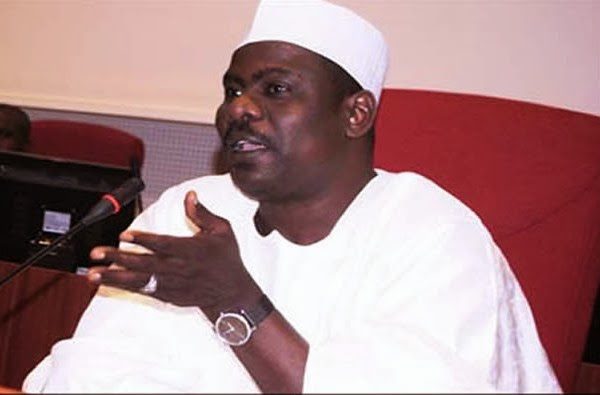National Issues
FG vs Citizens: The Other Side Of Judicial Pendency -By Micheal A. Adeniyi


In Nigeria today Judicial pendency is an issue and it has been one of the most talked about issue in public domains. Many opinionists have pointed fingers either at the judiciary or the litigant. But there is another side of the story. Pendency has to be viewed not just from the executive side, which speaks and understands only the language of the head. But there is a language of the heart, too.
We will need to realise that the large number of court cases are some kind of a reassurance of the faith the Nigerian people repose in the Constitution and the judiciary. After all, why do people go to courts when they have not been given fair treatment by other institutions of Governance?
Very well the fault may lie with the executive that has denied justice, forcing people to seek judicial redressal. The blame that Nigerian people are litigious may not be fair. I think this is barking up the wrong tree. The fact of the matter is that many times those operating the instruments of the state have not followed the law. Had they acted judiciously, the judiciary would not have been burdened.
The rules, the organs and the instruments of the state need to understand that their duty is to follow the dictates of the Law and act according to it. If justice is denied, the law is burdened. It is only unfortunate that even after years of self-rule, the Government machinery is viewed with suspicion and contempt, and the poor people have to seek recourse by way of Constitutional remedies. Justice gets delayed not because of the judiciary but because of the executive which exercises power without restraint.
Of course, this is not to deny that judicial pendency is a serious problem in Nigeria. It is a problem and we definitely need to deliver speedy justice. But the flip side is that the hurdles to speedy justice do not all emanate from the judiciary. Judiciary in many cases also gets frustrated when the executive circumvents the path of justice by unreason.
A careful analysis of many a judgements of higher judiciary would reveal that the executive has to be blamed for dilatory tactics. It needs to be understood that the common man fights with his hard-earned money, whereas the executive fights with the taxpayers’ money. For argument’s sake, let’s assume a hypothetical scenario a person challenges some action of the executive in a High Court. The court gives relief. The executive seeks review of the judgement in the Supreme court and even after a verdict in favour of the victim, the executive keeps on dragging the matter to a higher level of judiciary.
An issue that could have been resolved in one stage is dragged up to several stages. Who is to be blamed? The aggrieved person fights for an issue that is related to survival. The executive fights for its ego. We need to see pendency in this light and strengthen the law, Many landed properties today are having pending cases in court, some going to 30years of legal battle with the Government, houses built on such lands are at risk. There is need to make the executive answerable for dragging cases.
The Supreme Court had once pronounced in one of its judgement that only God can save this country. That was out of disgust for the state of affairs, rather affairs of the Nation. For the common man, the judiciary is the last Hope. He, after all, has some self-respect. And he seeks to retrieve that with the help of the judiciary.
Its high time the system receives a change. Change begins with us all.




















